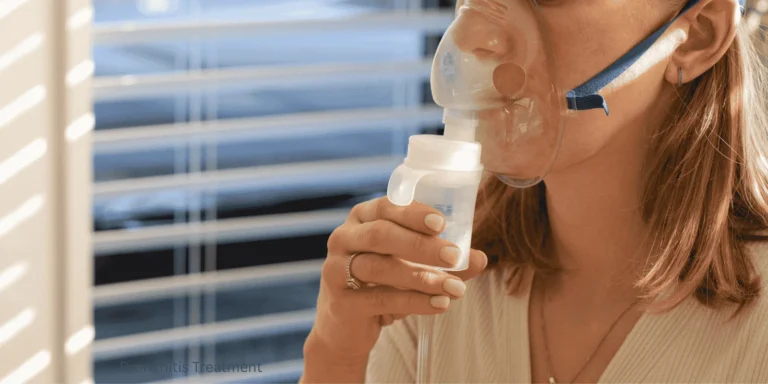Sore throats are miserable, and when you’re desperate for relief, it’s easy to make treatment mistakes that prolong your misery or create new problems. After treating thousands of sore throats, I’ve seen the same errors over and over.
Let me help you avoid these common pitfalls.
Taking Antibiotics for Viral Infections
This is the biggest mistake I see. Most sore throats—about 85-90%—are caused by viruses. Antibiotics don’t work against viruses at all.
People pressure their doctors for antibiotics or take leftover pills from previous infections. This doesn’t help, exposes you to side effects, and contributes to antibiotic resistance.
The only sore throat that definitely needs antibiotics is strep throat, which requires testing to diagnose. Through our chat-based system, I can assess whether testing and treatment are appropriate.
Stopping Antibiotics Too Soon
On the flip side, if you do have strep throat and get prescribed antibiotics, finish the entire course even when you feel better after 2-3 days.
Stopping early allows some bacteria to survive, potentially leading to complications or relapse. I’ve seen cases of rheumatic fever—a serious complication—because people didn’t complete their strep treatment.
Gargling With Things That Make It Worse
Apple cider vinegar, lemon juice, or other acidic gargles burn already-irritated throat tissue. They cause more harm than good.
Stick with warm salt water—half a teaspoon in 8 ounces of water. It’s gentle, effective, and actually helps reduce inflammation.
Not Staying Hydrated
When swallowing hurts, many people avoid drinking. This makes everything worse. Dehydration thickens mucus and allows throat tissues to dry out, increasing pain.
Force yourself to sip fluids throughout the day even when it hurts. Warm liquids often feel more soothing than cold.
Overusing Numbing Sprays
Throat sprays with benzocaine provide temporary numbing, which is helpful. But using them constantly—every hour—can irritate your throat further and mask worsening symptoms that need medical attention.
Use them as directed on the package, typically no more than every 2-3 hours.
Ignoring Red Flags
Some sore throats need immediate medical evaluation. Difficulty breathing or swallowing, drooling because you can’t swallow saliva, severe one-sided throat pain, or a rash with your sore throat all require prompt assessment.
Don’t tough these out thinking they’ll improve on their own.
Sharing Drinks or Not Changing Your Toothbrush
You can reinfect yourself by using the same toothbrush throughout your illness. Replace it once you start feeling better.
Sharing drinks or utensils spreads infection to others and potentially back to yourself.
Expecting Instant Relief
Most viral sore throats take 5-7 days to improve. Expecting to feel better overnight leads to unnecessary worry and treatment escalation.
Give your body time to fight the infection. Use comfort measures to manage symptoms while healing happens.
Not Resting Your Voice
Talking a lot with a sore throat strains inflamed tissues and prolongs recovery. Rest your voice when possible, communicate via text, and avoid shouting or whispering (which actually strains more than normal talking).
The Bottom Line
Most sore throats improve with simple measures—rest, fluids, salt water gargles, and over-the-counter pain relievers. Avoid these common mistakes, watch for warning signs, and reach out through telemedicine if symptoms persist beyond a week or worsen suddenly.












